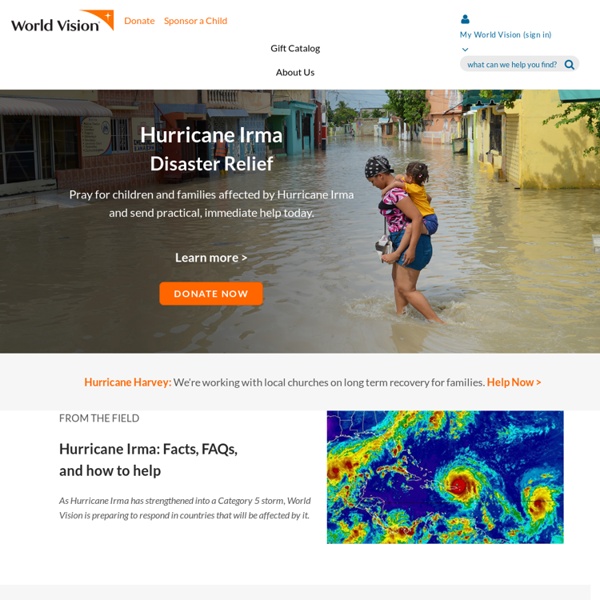



Pelarian Nazaruddin: Tiga Negara dalam 15 Hari - Yahoo! REPUBLIKA.CO.ID, JAKARTA- Mantan bendahara umum Partai Demokrat, Muhammad Nazaruddin berpindah-pindah ke berbagai negara dengan menggunakan identitas palsu. Menurut Polri, Nazaruddin berpetualang ke enam negara hingga ditangkap di Kolombia pada Ahad (7/8) pukul 02.00 waktu setempat. Mengenai catatan waktunya, Kepala Divisi Humas Polri, Irjen Anton Bachrul Alam mengatakan belum mendapatkannya secara detail. Dari data yang ia dapat, Nazaruddin berada di Kamboja pada 23 Juli dan keesokan harinya berturut-turut Nazaruddin singgah ke Madrid, Spanyol, Republik Dominika dan Kolombia. "Saya belum tahu sejak kapan ia (Nazaruddin) berada di Kolombia. "Setelah dari Singapura, ia berpindah ke Vietnam dan Kamboja, lalu ke Madrid, Spanyol kemudian ke Republik Dominika dan berakhir di Kolombia," kata dalam jumpa pers di Mabes Polri, Jakarta, Senin (8/8). Anton menambahkan Nazaruddin sempat mengecoh perhatian tim gabungan untuk menangkapnya saat dari berpindah dari Singapura.
Caritas Internationalis - Towards a civilization of love Human Rights Watch | Defending Human Rights Worldwide Mixr | iPad DJ App Mesir Mulai Peradilan atas Mantan Presiden Mubarak | Berita | Bahasa Indonesia Mesir telah memulai peradilan mantan presiden Hosni Mubarak, yang berada di ruang pengadilan hari Rabu hampir enam bulan setelah dia digulingkan dalam revolusi 18 hari yang menuntut dilakukannya reformasi demokrasi. Lembaga Judikatif Mesir telah mengubah tempat peradilan dari Covention Center di pusat ibukota Kairo ke Akademi Kepolisian di pinggiran Kairo karena alasan keamanan. Mantan presiden Mesir Hosni Mubarak, yang hadir di ruang pengadilan dengan berbaring di atas ranjang rumahsakit, telah mengaku tidak bersalah atas tuduhan bahwa ia memerintahkan pembunuhan terhadap ratusan demonstran anti-pemerintah. Setelah sidang dramatis hari Rabu itu, hakim yang menangani kasus itu menangguhkan pengadilan itu hingga 15 Agustus. Saluran-saluran berita dari berbagai penjuru dunia menyiarkan jalannya pengadilan bersejarah tahap awal terhadap Mubarak di Kairo itu. Kerumunan masa juga tampak di luar gedung pengadilan untuk menyaksikan jalannya pengadilan melalui layar televisi besar.
Médecins Sans Frontières Core documents outlining MSF's principles are the Charter,[5] the Chantilly Principles, and the later La Mancha Agreement.[6] Governance is addressed in Section 2 of the Rules portion of this final document. MSF has an associative structure, where operational decisions are made, largely independently, by the five operational centres (Amsterdam, Barcelona-Athens, Brussels, Geneva and Paris). Common policies on core issues are coordinated by the International Council, in which each of the 24 sections (national offices) is represented. The International Council meets in Geneva, Switzerland, where the International Office, which coordinates international activities common to the operational centres, is also based. The organization actively provides health care and medical training to populations in about 70 countries and frequently insists on political responsibility in conflict zones such as Chechnya and Kosovo. Creation[edit] Biafra[edit] 1971 establishment[edit] New leadership[edit]
The Children's Project International Laughing Squid Menko Polhukam: Media Harus Berpihak Pada Negara Jakarta, polkam.go.id, 26 Juli 2011. Menko Polhukam Djoko Suyanto mengingatkan bahwa salah satu tanggung jawab media yakni agar memiliki jiwa nasionalisme. Pola pikir besar media juga harus ada keberpihakan terhadap negara. ”Seyogianya pers harus ada keberpihakan terhadap negara,” tutur Menko Polhukam. Dalam pertemuan silaturahmi dengan media massa yang bertemakan ”Peran Media Massa dalam Pengelolaan Masalah-Masalah Nasional”, Selasa 26 Juli 2011 di Kantor Kemenko Polhukam, Jakarta, Menko Polhukam mengutarakan, seluruh konten media setidaknya harus menganut tiga hal, yakni informasi, pendidikan, dan hiburan. Sebelumnya F.H.B. Pertemuan silaturahmi menampilkan J.
Australia's aid program The Australian Government’s development policy Australian aid: promoting prosperity, reducing poverty, enhancing stability and performance framework Making Performance Count: enhancing the accountability and effectiveness of Australian aid outline key aspects of our aid program. Documents Australia's development policy and performance framework are available in PDF and Word formats. The need for change The world has changed—and our aid program is changing too. Today, many developing countries are growing rapidly, with aid representing an increasingly small proportion of development finance. Where we work The Australian aid program now focuses more clearly on our Indo-Pacific region. What we do: re-shaping the aid program The purpose of the aid program is to promote Australia’s national interests by contributing to sustainable economic growth and poverty reduction. A strategic framework will guide the re-shaping of Australia’s aid program over coming years. More details on the priority areas:
Planet Mozilla